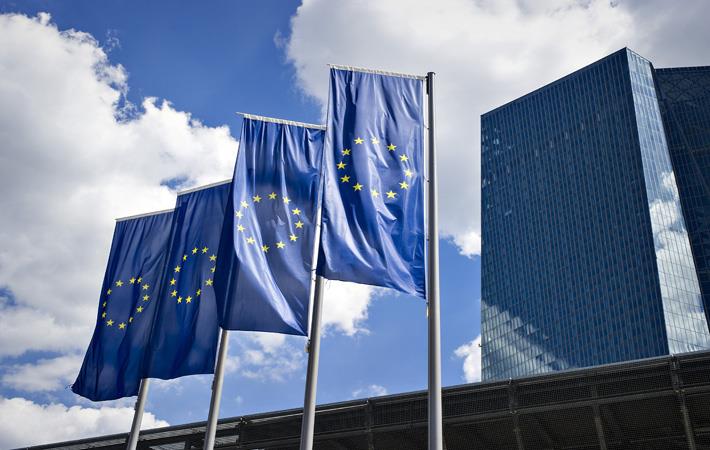The recent surge in COVID-19 cases poses a risk to the Euro Zone’s recovery, the European Central Bank (ECB) recently cautioned, reaffirming its pledge to keep borrowing costs at record lows to help the economy weather the pandemic. It kept policy unchanged, eager to let member governments take over the task of keeping the economy afloat until business can resume as usual.
The central bank has extended stimulus well into next year in December.The recent surge in COVID-19 cases poses a risk to the Euro Zone's recovery, the European Central Bank cautioned, reaffirming its pledge to keep borrowing costs at record lows to help the economy weather the pandemic. It kept policy unchanged, eager to let member governments take over the task of keeping the economy afloat until business can resume as usual.#
Its president Christine Lagarde warned that a new rise in cases and the ensuing restrictions to activity would dampen activity in the near term and said the bank is prepared to provide even more support for the economy if needed.
“The resurgence of the pandemic and the associated intensification of containment measures have likely led to a decline in activity in the fourth quarter of 2020 and are also expected to weigh on activity in the first quarter of this year,” Lagarde was quoted as saying in a press conference by a newswire.
Fresh lockdowns, a slow start to vaccine rollouts across the bloc, and the currency’s strength are all challenging the ECB’s forecast of a robust recovery starting in the second quarter.
Terming the start of vaccinations as ‘an important milestone’, Lagarde argued that an orderly Brexit and the conclusion of the US presidential election were mitigating risks so the ECB’s growth projections remained valid.
Fibre2Fashion News Desk (DS)
